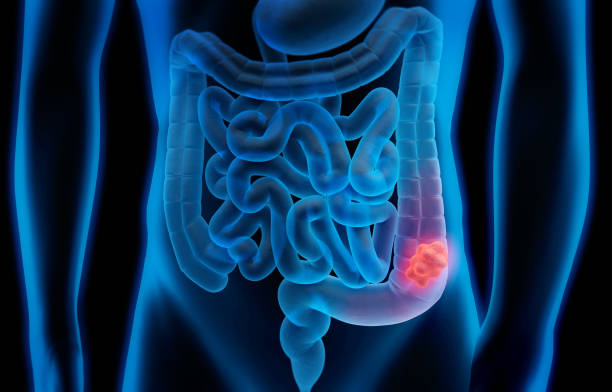
Rectal bleeding is often a troubling sign of a host of different conditions. These can range from mild, such as hemorrhoids, the moderate, like an ulcer, or severe problems, such as colorectal cancer.
This can cause a lot of confusion and distress, which is why the Surgery Group of LA has made this handy sheet to help explain what the blood in your stool may mean.
What kind of rectal bleeding do I have?
Rectal bleeding can happen at various stages of the digestive process. Where it happens dictates the color, the amount, and where inside the stool the blood will start to form.
While there are always exceptions, if your bleeding is:
- Bright Red Blood – usually means bleeding that’s lower in the rectum near the anus
- Dark Red or Maroon Blood – can signal bleeding in the small bowel or high in the colon
- Blackish or tar-like stool (Melena) – likely means bleeding in the stomach, such as bleeding caused by an ulcer
Sometimes bleeding can’t be detected by the human eye and needs to be tested under a microscope.
Rectal Bleeding Symptoms
Depending on the type of rectal bleeding you are enduring, you may experience very different symptoms.
However rectal bleeding usually can come with:
- Feeling rectal pain and pressure
- Mental confusion
- Feeling lightheaded or dizzy
If you’re experiencing a more serious rectal condition you may also suffer from the:
- Fast heart rate
- Inability to urinate
- Slipping into unconsciousness
- Experiencing a sudden drop in blood pressure
This may be a sign that you are going through Shock, and you should get medical treatment immediately.
What causes rectal bleeding?
As mentioned earlier the type of conditions that cause rectal bleeding range from severe to mild.
Common mild conditions include:
- Hemorrhoids – the most common cause of rectal bleeding, this condition occurs when veins inside the anus grow inflamed and causes bleeding into your stool.
- Anal fissures – not to be confused with Hemmorhoids, are sudden cuts that form after passing an especially hard stool
More serious, but still treatable conditions include:
- Diverticulosis/Diverticulitis – this happens when small pouches called Diverticuli to develop in weakened sections of your intestine, if they get infected they can cause pussy yellowish blood that causes all sorts of abdominal symptoms and fever
- Inflammatory Bowel Syndrome – IBS or IBD as it is also called, is a swelling of the small or large intestine, which can cause intestinal blockages, diarrhea, and cramping
- Ulcers – these form when the fluids in your intestines are constantly out of homeostasis which damages the lining of your intestines
Or unfortunately, it may be a sign of:
- Polyps – or growths in the lower digestive system, which can develop into cancer
What to do if I have rectal bleeding?
Depending on the severity of your symptoms you may want to set up an appointment with your doctor or go to urgent care.
It’s important that regardless of the cause your doctor is given a chance to perform some tests in order to verify your condition and make sure your treatment is appropriate.
And again, If you’re experiencing a more serious rectal condition you may also suffer from:
- Fast heart rate
- Inability to urinate
- Slipping into unconsciousness
- Experiencing a sudden drop in blood pressure
This may be a sign that you are going through Shock, and you should get medical treatment immediately.
If you or a loved one have questions or concerns about rectal bleeding speak to your doctor today.

